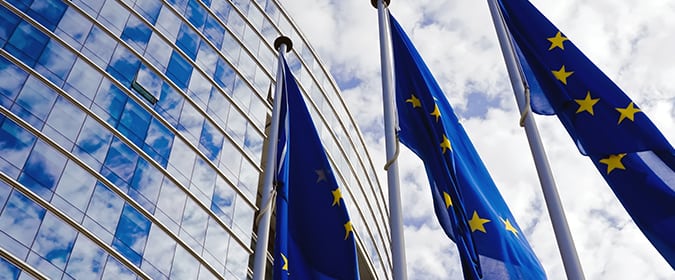
The European Union took a massive leap forward in protecting news content on March 26, when the European Parliament voted to adopt the long-awaited Copyright Directive. The Directive includes a provision that grants European news publishers an independent right to protect their content online against unauthorized uses by online platforms. The Publishers’ Right marks a major positive development for news publishers and the sustainability of high-quality journalism in Europe for two main reasons.
First, European news publishers are currently unable to effectively protect their content online. Though other content industries, such as music and film studios, have certain rights that allow them to protect their works and negotiate deals with companies, news publishers in Europe have never enjoyed these rights. The new Copyright Directive grants news publishers similar rights to those enjoyed for years by other content producers.
Second, the Directive levels the playing field between news publishers and the online platforms, who regularly use – and sell advertising against – publishers’ news content without paying them. While “individual words” and “very short extracts” are still free for anyone to use, online platforms and news aggregators – such as Google News – can no longer simply rely on being able to exploit news publishers’ content, unless the publisher decides to waive its right to demand compensation. The Directive provides a market-based approach that forces tech companies to find mutually beneficial arrangements with news publishers, thereby protecting the financial future of news publishers in the EU.
And there lies the crux of the Publishers’ Right. The Directive is about more than adding to publishers’ bottom lines; it is about receiving equitable compensation for their work and making sure the online ecosystem works for all. Under this Directive, European communities will continue to receive high-quality reporting from news outlets they trust. Without it, the online platforms would continue to go unchecked and the future of quality journalism would remain uncertain.
The Directive is narrowly drafted to only affect those who aim to financially benefit from news content. In addition, all parties have rights under the Directive – publishers are not required to license their news or demand compensation for its use, and tech companies don’t have to publish certain content if they choose not to. Private and non-commercial users don’t need licensing agreements to share content, and hyperlinks remain free for all. The Directive simply protects against the most flagrant abuses of online content.
News publishers are at a crossroads: for news publishers to provide readers with the trustworthy and relevant information they expect, the online ecosystem must change to provide equitable compensation for those investing in quality journalism. The Copyright Directive is a massive step in the right direction. The Council of the European Union must still officially adopt it in April, and then, the member states will have two years to implement it nationally. But once it is implemented, news publishers in Europe will be better equipped to respond to the challenges facing them, hopefully serving as an example for the rest of the world.

Johannes Munter is an outside consultant for the News/Media Alliance.

